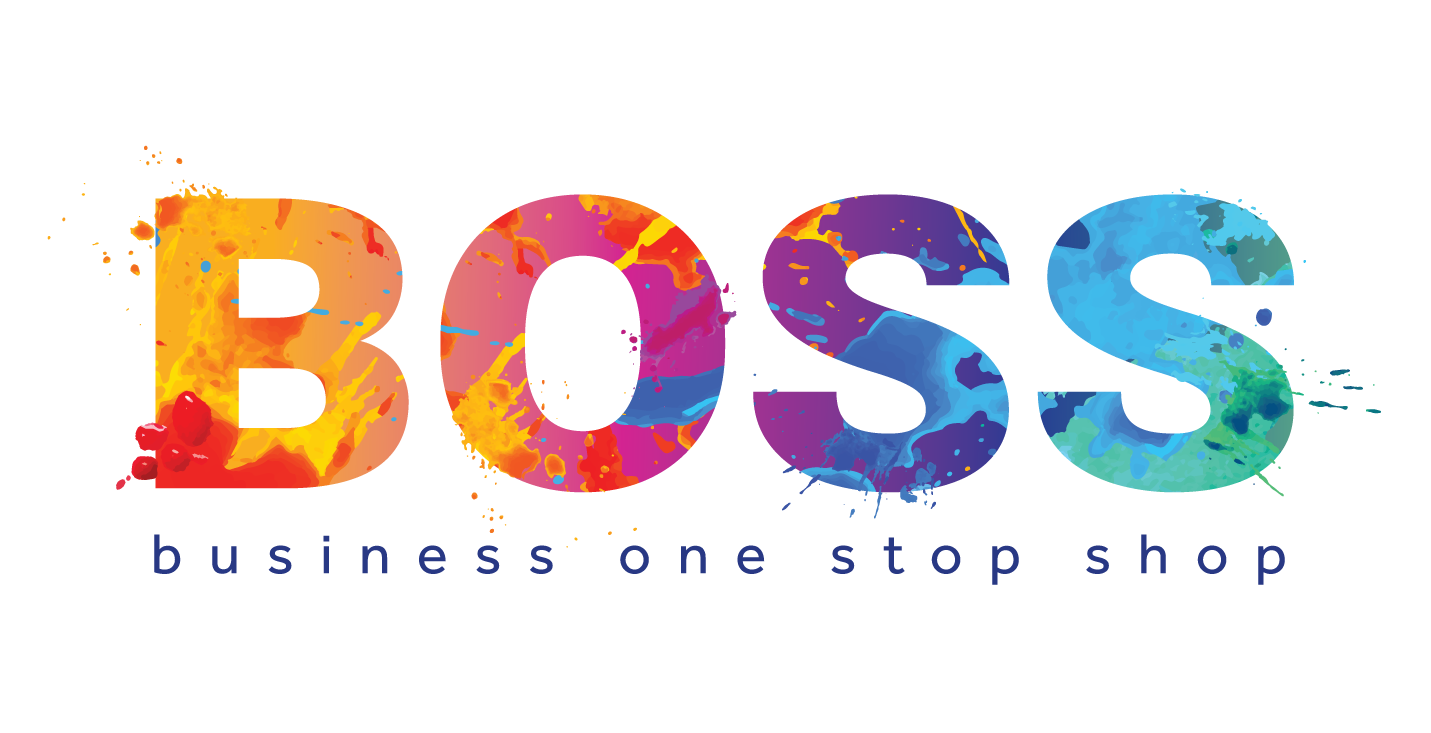Is it a Business or a Hobby?
Coming up with a great business idea is a true lightbulb moment, It makes you think “how have I not thought of this before?!”. Often, this lightbulb moment is when you fall in love with your business idea, and when we’re in love sometimes we ignore all of those red flags, thinking we can change them and make them better. Sometimes, that is not the case.
Evaluating your business idea from a business perspective is essential before moving forward to avoid putting time, money and effort into an idea that is not going to transfer to a profitable return.
Here are five great ways to assess your idea!
Assess market demand:
Is there a demand for your product or service? Is your product or service something that people need? To evaluate even further, is there a way for your potential customers to get your product or service without paying for it? For example, if someone wants to learn guitar, will they google ‘local guitar teachers in my area’ and be willing to pay for in-person lessons, or will they search ‘how to play guitar for beginners’ on YouTube for free?Research direct and indirect competitors:
What are your market competitors? Who are offering the same or similar products as you? What do these competitors offer, what can you offer that would encourage customers to come to you rather than an established business in the market? Alternatively, if there are no competitors, ask yourself ‘why?’. Is there a demand for this product or service? Typically speaking if there is a demand then there will be suppliers.Ask for feedback on your idea:
Family and friends are generally enthusiastic and supportive, but would they rush out and buy the product? Specifically, would they rush out and buy the product if it was made by someone they didn’t know?Get to know your customers:
Who are your customers? What do they like and what do they want?What is the lifecycle of your product in comparison to your target market capacity?
If your product is expected to last for ten years, and your audience is quite niche, how will you make money in-between sales?
The first step is to evaluate “is this a business or is this a hobby?”. It’s perfectly fine to have a hobby, but not every hobby is going to earn you money (sadly). You might love making Christmas trees out of pinecones, covered in essential oils that remind you of Christmas back home, but is there a demand for this product?
From a tax perspective, if you’re making any money from your hobby/business, it’s taxable. There isn’t a threshold of ‘if you earn under $xx from it, it’s classed as a hobby’. Any profit (income minus expenses) that you make are taxable, in the same way as if you were employed.
Here is some more information from the ATO on assessing hobby vs business.
